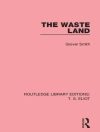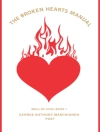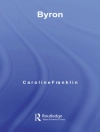This volume of poems addresses the human effects of the coronavirus pandemic including: prolonged illnesses, death, disruption of society, families, the work force, and economy. There are the accompanying emotional effects of grief, distressed orphaned children, over-stressed hospital staffs, anxieties over the shortage of health workers, medication, and other medical needs. There are also increased incidents of suicide and numerous other emotional entanglements and physical conditions for which a country, city, village, and family are often not prepared.
At times such as these, language becomes extremely important in how we communicate with one another. How we face the realism and facts of the moment is vital for the health of a person and a nation. One notes especially the importance of the language of political leaders at a time of national and global suffering.
The poems also address issues the pandemic has brought into the open, such as racism, the vulnerability of the poor, and the importance of governmental leadership in a national and worldwide crisis. People of faith emphasize the importance of a faith response to our common humanity amid suffering. Among many other questions, they ask: How shall we live with the enduring problem of pandemics that require changing of attitudes and an ongoing concern for others?
O autorze
Stanley Hauerwas is professor emeritus of ethics at Duke University where he held the Gilbert T. Rowe chair for more than twenty years. Among his numerous publications are Sanctify Them in the Truth: Holiness Exemplified (1998) and Living Gently in a Violent World, with Jean Vanier (2008). His latest publication is Fully Alive: The Apocalyptic Humanism of Karl Barth (University of Virginia Press, 2023).












